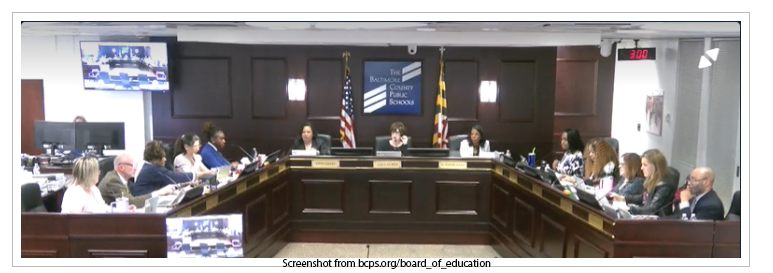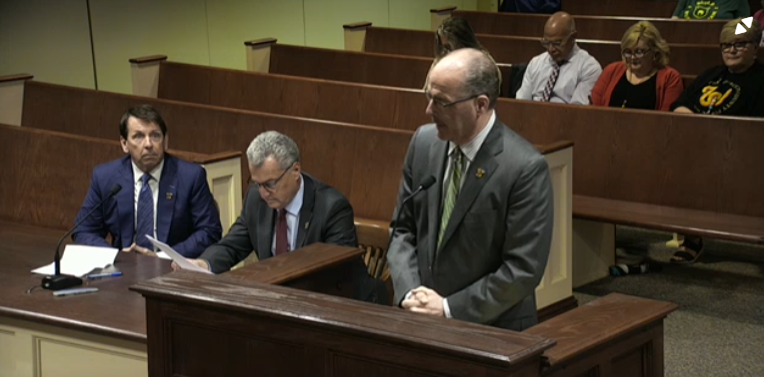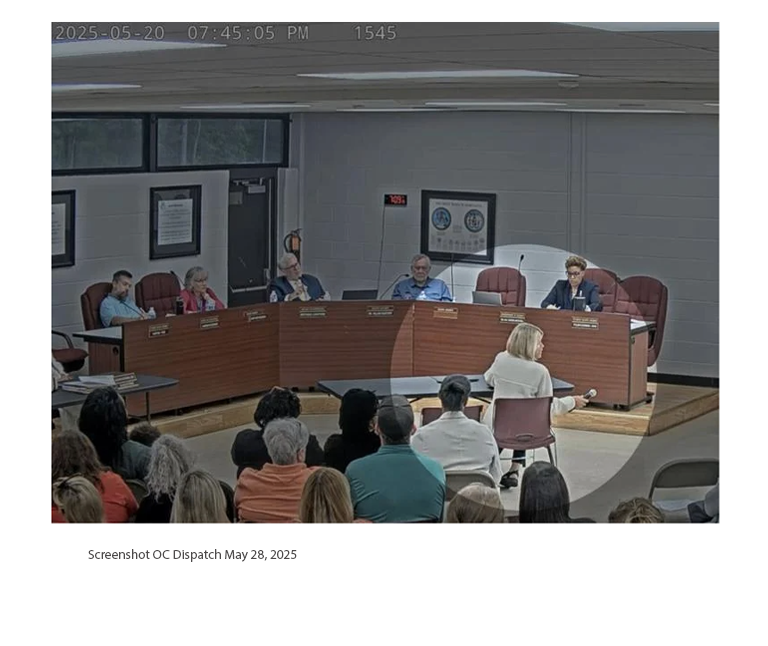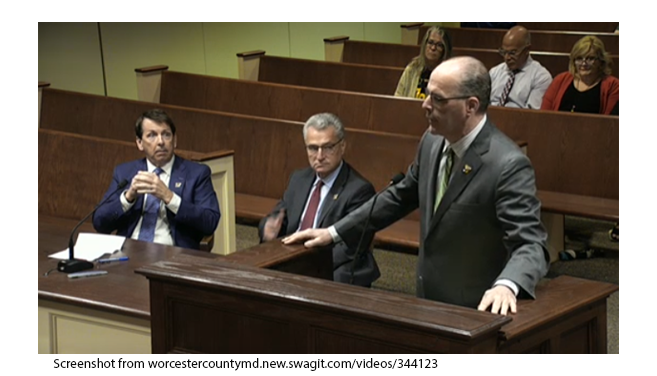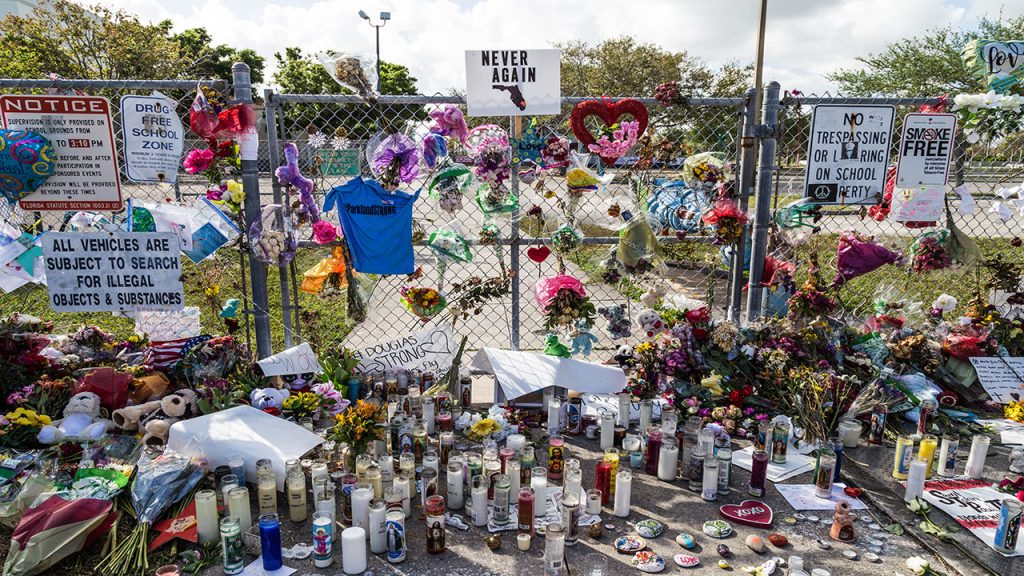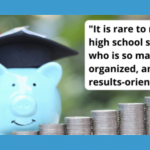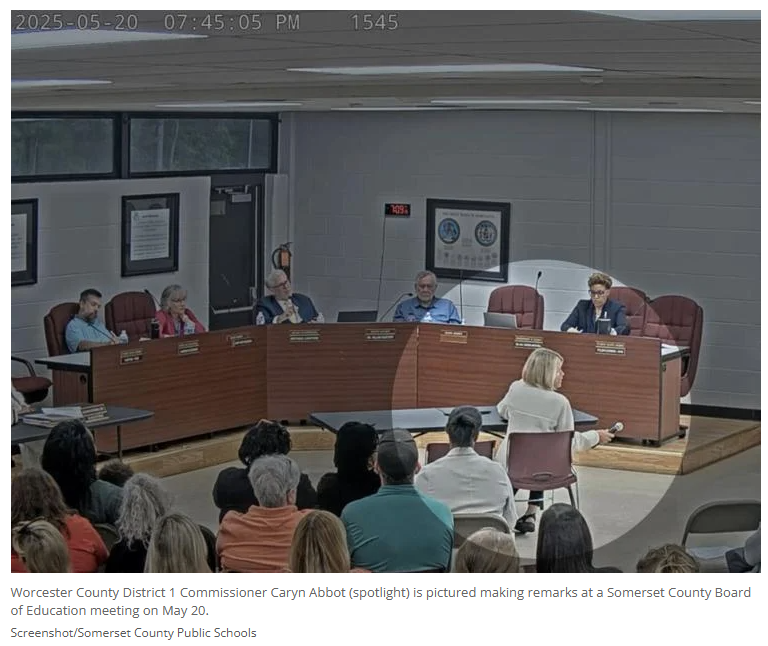
When It Comes to Leadership, Self-Awareness Matters. Here’s Why (Opinion)
If you Google the definition for “self-awareness” you will come across the following:
Merriam Webster Dictionary: an awareness of one’s own personality or individuality
Cambridge Dictionary: good knowledge and judgment about yourself
Oxford’s Learner’s Dictionaries: knowledge and understanding of your own character
All of these definitions focus on an understanding of your personality or character. But what does that really mean? And how can your self-awareness (or lack of) affect you as a leader?
As an educator for 29 years, my definition of self-awareness has morphed over time. For me today, being “self-aware” means knowing what I am good at and in what areas I struggle or need to grow. In her study, Tasha Eurich, one of the leading researchers of self-awareness, found that only 10 percent to 15 percent of participants who identified as self-aware actually were (as measured by their validated seven-factor, multirater assessment of self-awareness). Hmmm … now isn’t that interesting?
As a leader, why is knowing your strengths and weaknesses so important?
Grow or Glow?
Having areas of weakness is natural, even though we tend to not talk about them, definitely don’t put them on our resume or speak about them during an interview, and sometimes may not even know they exist. The reality is, no one is good at everything. Rather than hiding your weaknesses, we must look to understand them. Adam Grant says, “Hiding weaknesses doesn’t project strength. It reflects insecurity. No matter how hard you try, people who know you well will see your flaws.”
As educators, we never just accept that students are lacking in a specific content area or skill set. Rather, we find ways to scaffold, support, intervene, and grow them. Isn’t that what we should be doing for ourselves? And yes, there will be things (for me, it is scheduling!!) that we may never master but that we still need to do. So, how do we support and scaffold ourselves in those areas?
Similarly, it is good to know your areas of strength, but … are the areas that YOU think you are good at the same areas that those you work with would identify as your strengths? Reflect back to Eurich’s research. Leaders tend to be so much more confident in their performance than reality might support. Are you seeking feedback from the people on your team? If you are, have you created an environment in which it is safe for them to be honest? An environment in which they can share what is going well and what is not? An environment in which they know the positive contributions they make to the team? If the work environment is one in which problems are seen as challenges (rather than dead-ends), you are using “feed forward” (rather than feedback), and everyone comes to the table as a learner, your team should be able to share and truly complement each other.
Building Your Team
All too often, we build our teams with a focus on finding people who are “like us.” People we are compatible with or who may complement our personality. I would argue that your team should be built with individuals who have complementary skill sets and who shine in your areas of weakness. One of my particular weaknesses (I mentioned it earlier!) is scheduling. I struggle with being creative within the parameters of a delineated schedule. What do I do to combat that, since creating a schedule that works and best supports student learning is an important task as a building leader? When I am interviewing for a spot on my leadership team, I look specifically for people who are data-minded and have this skill set.
Many teams use personality quizzes in order to identify how team members “fit.” There are many, but some of the most popular include the Enneagram, Character Strengths Survey, Myers-Briggs Type Indicator, and DISC Assessment. The information garnered through these assessments can be very valuable in seeing how personalities will mesh or complement one another. But could we also dig deeper into specific skill sets? Into strengths particular to our line of work? Of course, we need to be careful! Asking a new team member (or an interviewee) what their areas of weakness are might not yield the facts. Rather, we should watch, listen, and provide varied opportunities to see what people do, how they respond, how they approach challenges and solve problems.
Level Up!
Understanding your areas of weaknesses, or those areas in which you need to grow, can be pivotal in your success as a leader. But you must be open to recognizing those areas, receiving feedback, and then acting on it. We all have blind spots when it comes to receiving feedback, but, in order to level up your leadership skills and develop your strongest and most effective team, you need to be open. Open to the good, the bad, and sometimes even the ugly. Getting negative feedback can be very hard, but without it, we won’t become the leaders we could be.
As I write this blog, I have big changes coming. … I am shifting and looking for my next “right fit” in education. As I prepare for this shift, I have done a lot of reflecting—on my strengths, on my areas of weaknesses, on the teams I have led and what worked well (and what didn’t!). I know that, as a leader, I always have room to grow. I also know that I can do a better job of asking for and receiving feedback. But even more than that, I know that I need to work on creating that environment in which all members of the team feel valued, can share with one another, and can be honest … all for the betterment of the team and, inevitably, for the students we serve. Can I truly improve if I only focus on the things that I believe I need to grow in? No. I need to hear from those around me what I do well, what I can do better, and what I should do differently. We pour so much of ourselves into our roles as educators, … why not know exactly what will make us even better at what we do?
My Story
Two years ago, I decided to focus on one particular area that I considered a weakness. I had a bad habit of discounting someone else’s idea before I could sit with it. And I decided “that wouldn’t work” pretty quickly, without giving them an opportunity to explain their idea or for me to process the idea. I knew that I did not have all of the best ideas and that I was holding our team back because of this habit. As I really reflected, it’s not that I did it because I believed my ideas were best, but it mostly came from the fact that I was a leader and I felt the pressure to have the best ideas.
I took a year to specifically focus on not discounting others’ ideas. I knew that I needed daily reminders, so I posted the sticky note (image below) where I could see it every day, during the many conversations I had with colleagues in my office. I also told everyone on our team that I was working on encouraging ideas and not shutting them down. I looked for feedback on whether I was accomplishing my goal or not. No one wants to be a part of a team where they believe the decisions are already made and they have no voice in the process. In fact, there is countless research to show that collective efficacy can only happen when diverse thinkers are encouraged to share their ideas and engage in strategies based on those ideas.
Over the year, I became better at listening to everyone share their ideas and I felt more and more comfortable as our team engaged in ideas that were not my own. Leadership is about building capacity and inspiring others to step up and take the lead, which is what ultimately took place.
Robin Schrum
This sticky note has traveled with me to new assignments and still hangs over my desk where I can see it and can be reminded to listen and be open.
What area of weakness could YOU focus on that would make both you AND your team stronger? Better? And what accountability can you create for yourself?
One step at a time …
Dig Deeper With Our Longreads
Newsletter Sign up to get our best longform features, investigations, and thought-provoking essays, in your inbox every Sunday.
The MEN was founded by John Huber in the fall of 2020. It was founded to provide a platform for expert opinion and commentary on current issues that directly or indirectly affect education. All opinions are valued and accepted providing they are expressed in a professional manner. The Maryland Education Network consists of Blogs, Videos, and other interaction among the K-12 community.


